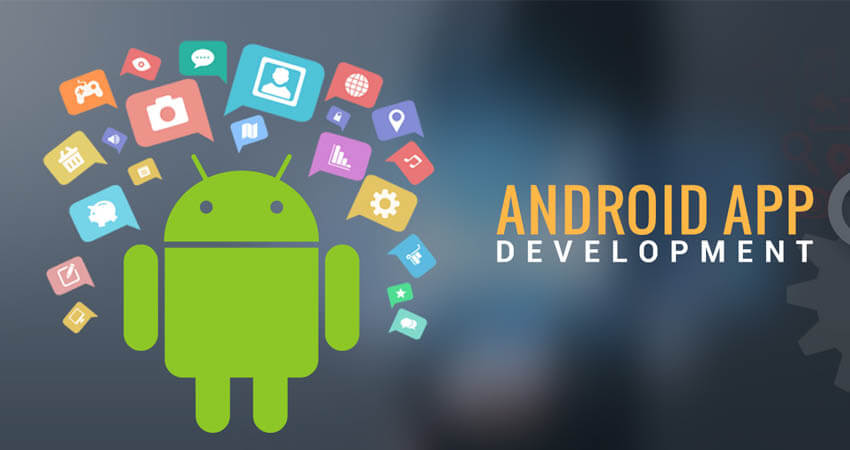Android is a multitasking mobile operating system that can be found on smartphones, tablets, readers, consoles, televisions, and even domestic robots. Android Inc. created the operating system, which was later purchased and marketed by Google. Android OS created an impact when it debuted in 2008, and it quickly rose to the top of the smart device market. Modern smartphones and tablets can be considered pocket minicomputers because of this operating system.
WHAT IS THE ANDROID MOBILE APP DEVELOPMENT PROCESS?
Developing an Android app entails more than just writing code and uploading it to the Google Play Store. The procedure needs meticulous preparation, study, and a laser-like focus. You must correctly complete several phases during the creation of your application in order for it to be successful. Moreover, you can also contact any android application development company for assistance. However, the complete cycle of android app development is usually divided into five stages:
- Planning: It’s critical to identify your Android app’s target audience, aims, and essential functions before you begin development. To ensure that your application is competitive, you must also undertake extensive market research.
- Design: The look of the application is generated at this stage. Following approval, a designer begins work on the mockup. The ultimate look that users would see on their Android smartphones is created by the designer.
- Development: Programmers build an Android app depending on the design that was accepted during the design stage.
- Testing: After the application has been developed, it must be tested. QA engineers must extensively inspect it to ensure that it functions correctly and without mistakes.
- Launching and maintaining: After the app has been thoroughly tested, you can securely release it to the market, i.e., submit it to Google Play. However, your effort isn’t done once you’ve successfully added something to the store. The application, like any other piece of software, requires regular maintenance. You must provide technical support for it, as well as enhance its performance and upgrades.
WHAT IS INCLUDED IN THE ANDROID APP DEVELOPMENT PHASE?
Development is the process of bringing your project’s vision to life. At this point, the Android development team will be working on the back end, API, and front end of the project all at once.
BACK-END PROGRAMMING:
When it comes to the functioning of an Android app, back-end development is critical. It comprises all server-side development, such as functionality, user account verification, setting up communication with them, social network integrations, push alerts, and so on.
CREATING API:
An application programming interface (API) connects a mobile application’s internal and external interfaces. The API is one of the most important parts of the Android development process.
FRONT END DEVELOPMENT:
The front end of an app is the part that interacts with users directly. It entails collaborating with a variety of design aspects. A well-designed front end ensures simple working with various screen sizes and orientations.
LANGUAGES FOR ANDROID APP DEVELOPMENT
Android app development is in high demand right now, thanks to the market’s continued growth. With the assistance of a well-known SEO company in India, your app can reach a great number of users. The popularity of this operating system can be attributed to the fact that it is used by more than half of all electronic devices. Android has a wide range of services, tools, games, and messengers. There are several programming languages available for Android app development
JAVA: For Android applications, Java is the major programming language. It is also known as the official language of Android because it is used in OS manuals and courses.
KOTLIN: It is designated by Google as the 2nd official Android development language. You can easily construct full-featured native apps with Kotlin.
C#: It is a Microsoft-developed object-oriented application language that was released in 2000. Even though it was designed for their own.NET Framework technology, it is ideal for Android app development.
C/C++: Google supplied two environments for developers: SDK for Java programming and NDK for native C and C++ code.
Python: Though Python isn’t used throughout the Android app development process, it is adapted for a few tasks. There are numerous tools available to translate Python code into a suitable form.
When it comes to finding a mobile app developer, there are good options and bad options . While choosing one might seem simple, many people find themselves making mistakes that end up costing them time and money. So what do you need to know in order not to make mistakes while choosing a mobile app development company?

